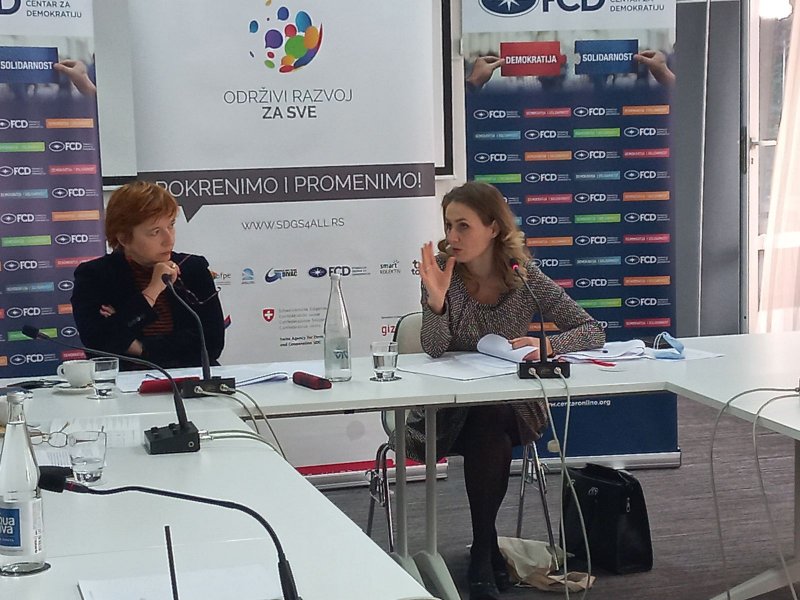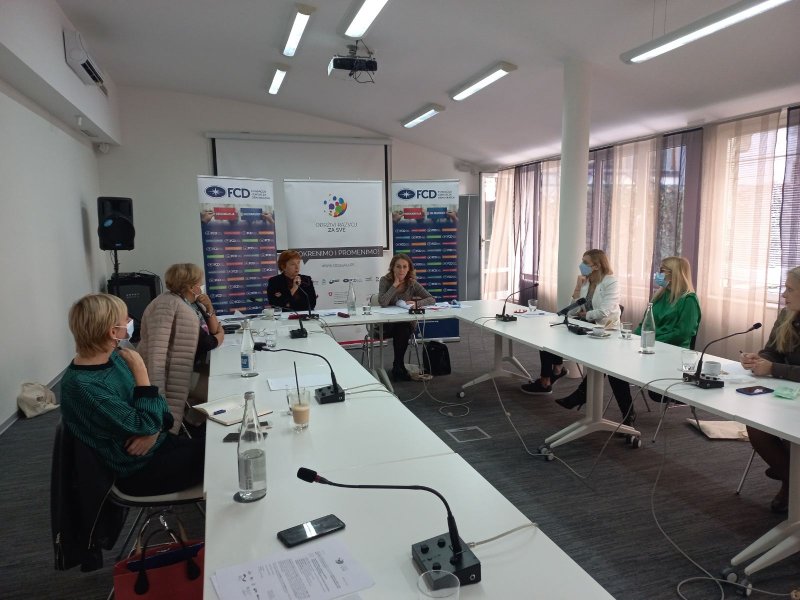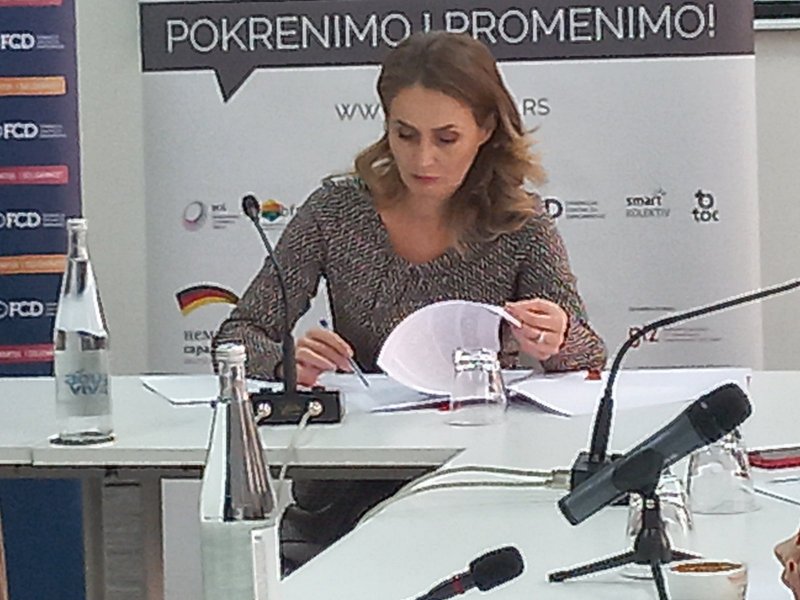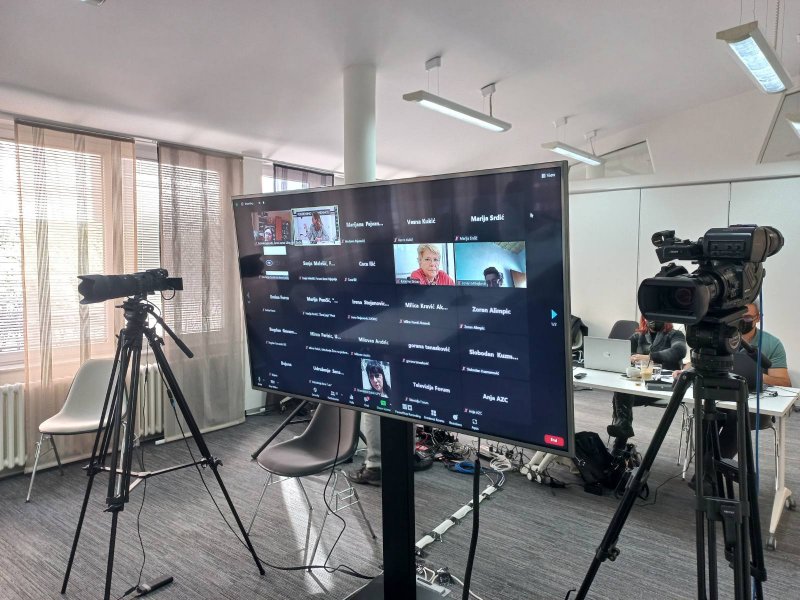Women have enormous energy and knowledge and without their active participation the progress of society is not possible and therefore it is important to create policies that should lead to sustainable gender equality, said the Commissioner for the Protection of Equality Brankica Janković at a public debate on gender equality in the context of sustainable development under the 2030 United Nations Agenda.
The Commissioner pointed out that the empowerment of women, in addition to the existence of a legal framework, is the most important lever for achieving gender equality, because it gives women independence and choice, which is one of the most important goals of the 2030 Agenda, given that every activity undertaken in its realization must encompass the fight against discrimination and the promotion of gender and equality in general.
The key challenge in the implementation of the 2030 Agenda and the Law on Gender Equality may be the discrepancy between what has been proclaimed and the real situation on the ground, i.e. the risk of excessive legislating without perceiving the real problems. That is why it is important to continuously work on changing cultural patterns that support inequality and ensure that the goals of sustainable development include the weakest members of society, the Commissioner pointed out.
“Bearing in mind that the idea underlying the achievement of these goals is that all citizens must be included in their implementation, it is clear why the work of equality bodies is so important in the efforts of each state to meet these goals”, Janković emphasized.
Special adviser to the Minister for Human and Minority Rights and Social Dialogue Katarina Štrbac, Professor Mariana Pajvančić, President of the Association of Business Women Sanja Popović Pantić and others also spoke at the conference organized by the Center for Democracy, the Divac Foundation and the German organization GIZ.





